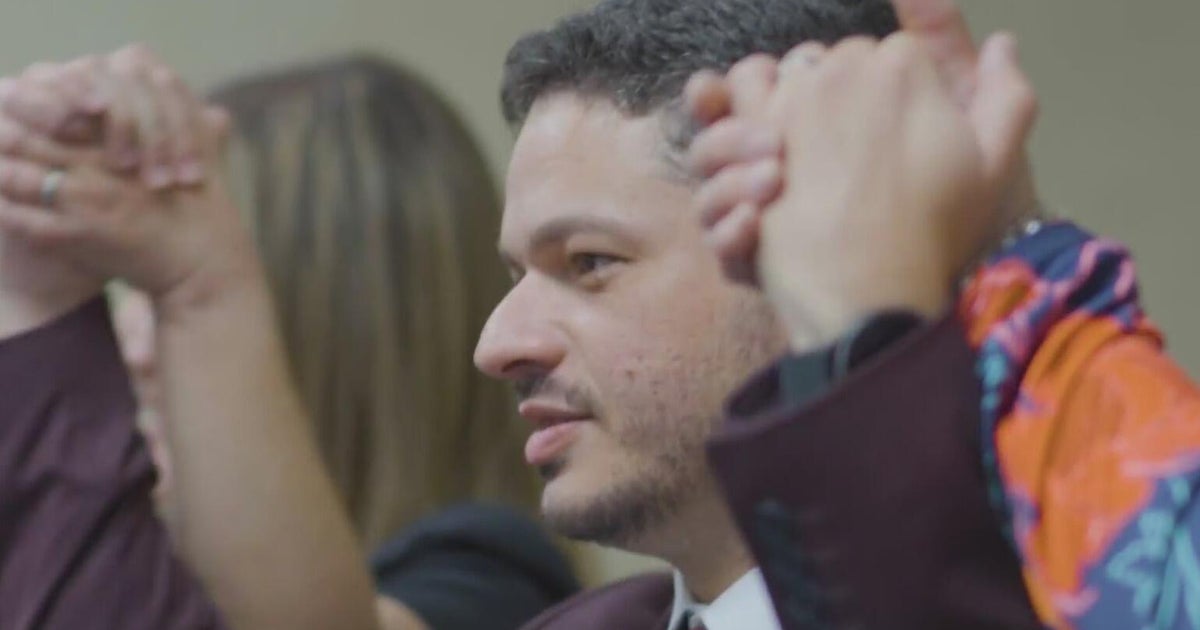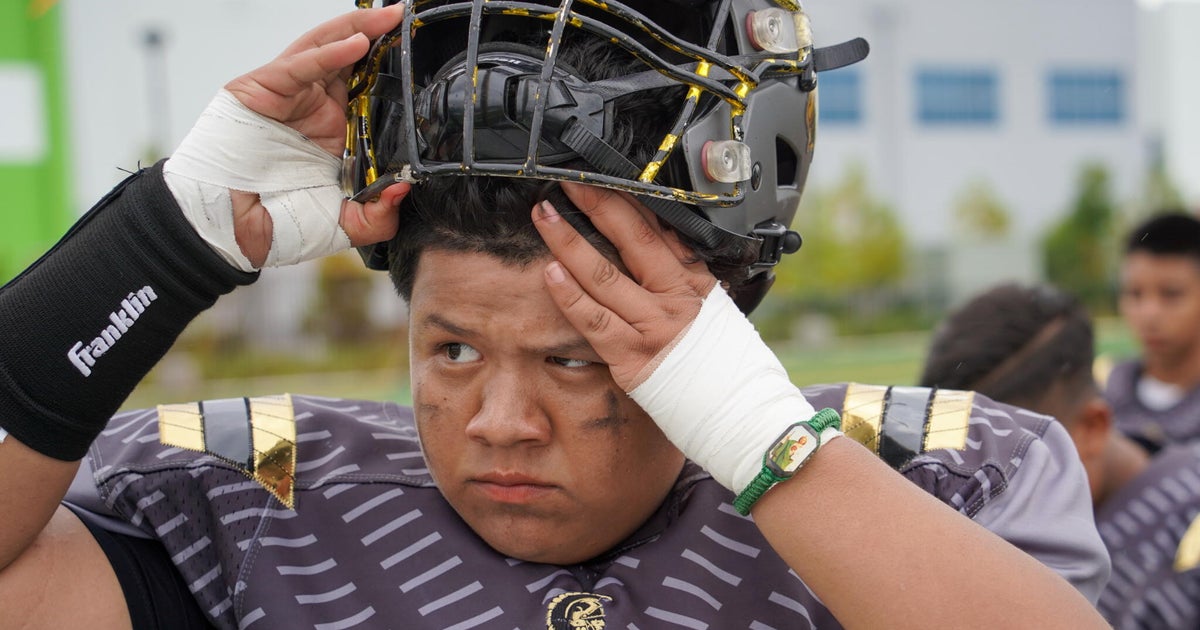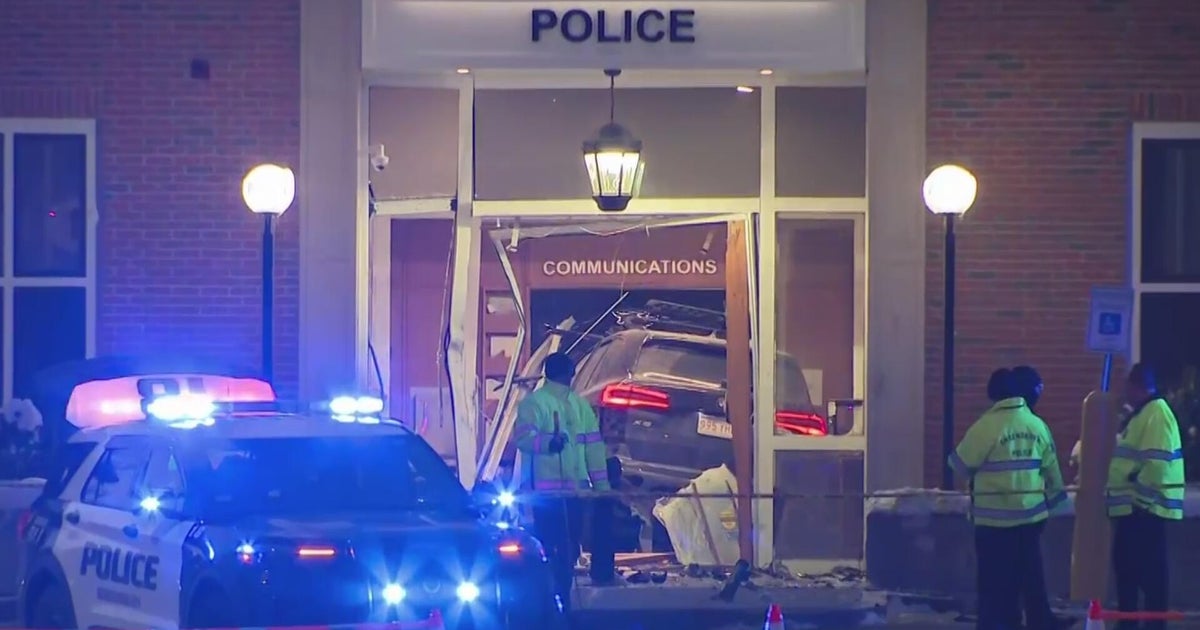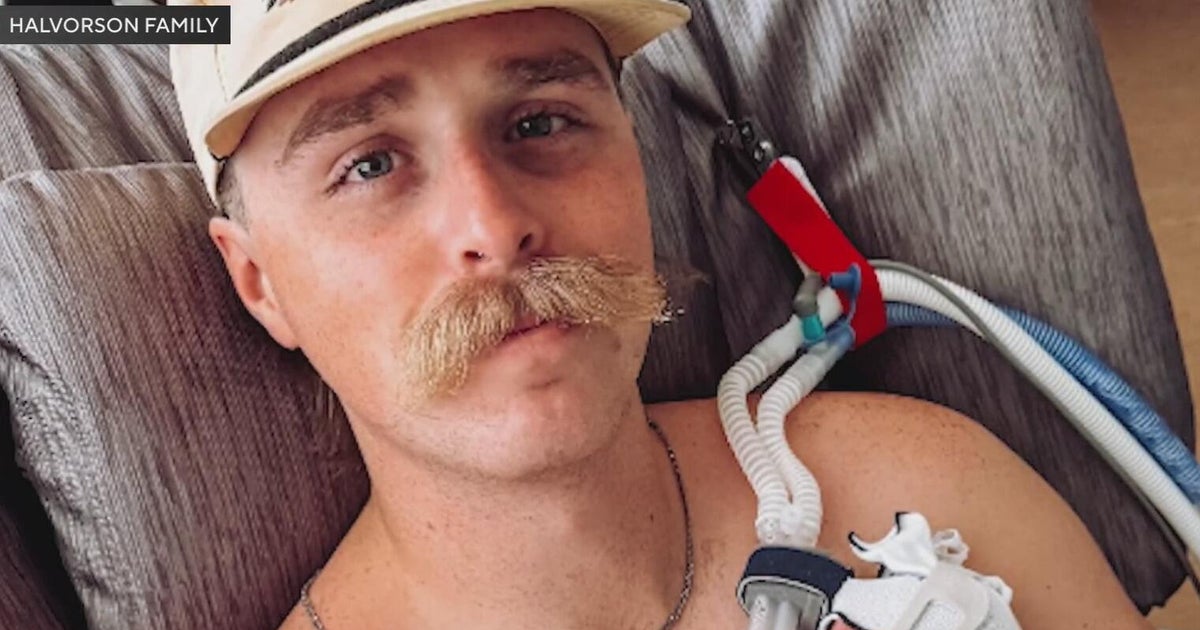Marlboro Boy With Severe Autism Sees Life-Changing Improvements With Cannabis Treatment
MARLBORO (CBS) -- For families of severely autistic children, finding a treatment plan can be a daunting and often delicate process. But now, some are turning to a controversial alternative - cannabis.
Lizabeth Lane Morse of Marlboro says cannabis treatment for her autistic son, Mark has been life-changing.
Three years ago, Mark's behaviors were taking over his life, said Lizabeth.
"He broke a window," she explained. "He was breaking TVs left and right, putting his head through iPads."
And then came the breaking point.
"Mark put his head through a fish tank. I'm talking half-inch thick, tempered glass," Lizabeth said, recalling the terrifying incident. "There was just water pouring out. And there was fish just flowing and flopping all over the ground. It was a horrifying scene."
Therapy intervention and medication were not working. That's when she turned to cannabis.
The change was almost immediate.
"Within 10 days of starting cannabis therapy, Mark became verbal," she recalled.
Those first words helped overcome a fear of going to bed.
"He was able to tell me. He said it's too dark in here, I'm scared."
And that led to other breakthroughs.
"To wait six years to hear your son say 'I love you mom,'" Lizabeth said. "It was something I always knew, I knew that he loved me. But to hear him say it was great. It was a great feeling."
Mark's doctor, Benjamin Caplan is one of only a handful of doctors able to prescribe cannabis to children in Massachusetts. He said this really can open up new worlds.
"These children are in there," Caplan said. "It's not like they're not human. But they can't express themselves."
Dr. Caplan said there has been a stigma around cannabis as a medical treatment that goes back decades.
"It's been pulled from the education system. So, doctors aren't taught about it. They don't know how to use it."
Most prescriptions are a mix of cannabinoids THC and CBD. And unlike other medicines, they are all-natural.
"We can change their neurochemistry," said Caplan. "The chemistry in their brain, so they can feel and communicate a little bit more like people who aren't suffering from autism."
But for real progress to be made, Caplan believes the negativity that surrounds cannabis needs to end.
"Is your child on Zoloft? Is your child on Adderall? Are we not calling those drugs? I think the judgment is in the eye of the beholder."
As for Lizabeth, the results with Mark have given their family a bright future.
"We do what works for our family. Nobody really knows his story. And nobody knows the challenges and the battles that we've been through."







